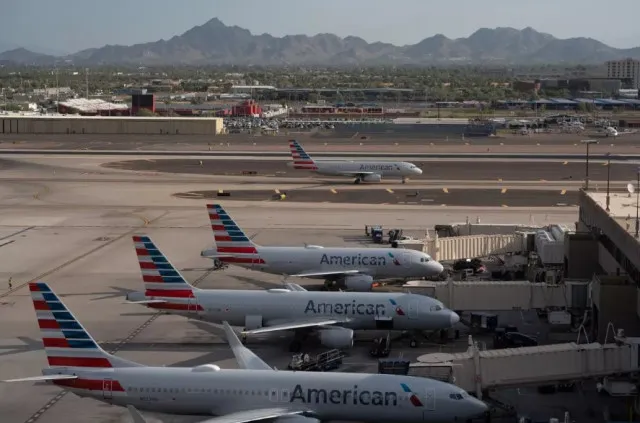A teenager faces a three-year flying ban after using the “skiplagging” tactic to save money on their airline ticket.
A teenager has been banned from flying with an airline for three years after trying to save money by using a method called “skiplagging.”
This incident has raised questions about travel hacks and airline policies.

What is Skiplagging?
Skiplagging is a travel strategy that some passengers use to find cheaper flights.
The idea is simple: instead of booking a direct flight to an expensive destination, a traveler books a flight to a farther location.
This flight has a layover at their intended destination.
Once the plane lands at the layover, they simply do not board the connecting flight.
For example, a direct flight from Gainesville, Florida, to Charlotte, North Carolina, costs over $400.
However, a flight to New York with a layover in Charlotte is only $150, so a traveler might choose the latter option.
By skipping the final leg of the journey, they can save money.
Teen banned from an airline for three years over money saving travel hack called ‘skiplagging’
In this case, Logan Parsons, a 17-year-old from Florida, decided to use skiplagging for his trip to Charlotte.

His father, Hunter, explained that Logan booked a flight that went from Gainesville to New York with a stop in Charlotte.
The plan was to get off the plane in Charlotte and not continue to New York.
However, things did not go smoothly. Logan was stopped by airport security, who noticed his identification from North Carolina. They took him for questioning.
As a result, his ticket was canceled, and he had to buy a direct flight to Charlotte at a much higher price.
The consequences of using Skiplagging
Due to this incident, American Airlines banned Logan from flying with them for three years.
Airlines often have strict policies against skiplagging because it can lead to financial losses for them.

When passengers skip segments of their flights, it can leave empty seats on connecting flights that the airline has already sold.
Hunter Parsons later shared the story with the media, highlighting how Logan’s attempt to save money resulted in a significant penalty.
Logan’s original ticket, costing $150, was a fraction of the price of the direct flight he was forced to buy afterward.
Airlines are increasingly cracking down on skiplagging.
In the past, other airlines have also taken action against passengers caught using this strategy.
For instance, Lufthansa once sued a passenger for skiplagging, although the case was dismissed in court.
Similarly, United Airlines attempted to charge a passenger thousands of dollars for skiplagging 38 times.

Airlines prefer that passengers book direct flights, as these typically yield higher profits.
When travelers use skiplagging, it disrupts their pricing models and can lead to revenue loss.
Logan’s experience serves as a cautionary tale for travelers.
While finding ways to save money on flights is understandable, it is important to be aware of airline policies.
Skiplagging may seem like a clever idea, but it can come with serious consequences.
Travelers should consider the potential downsides before attempting such strategies.
Instead of risking a ban or additional fees, it might be better to look for legitimate discounts or promotions offered by airlines.